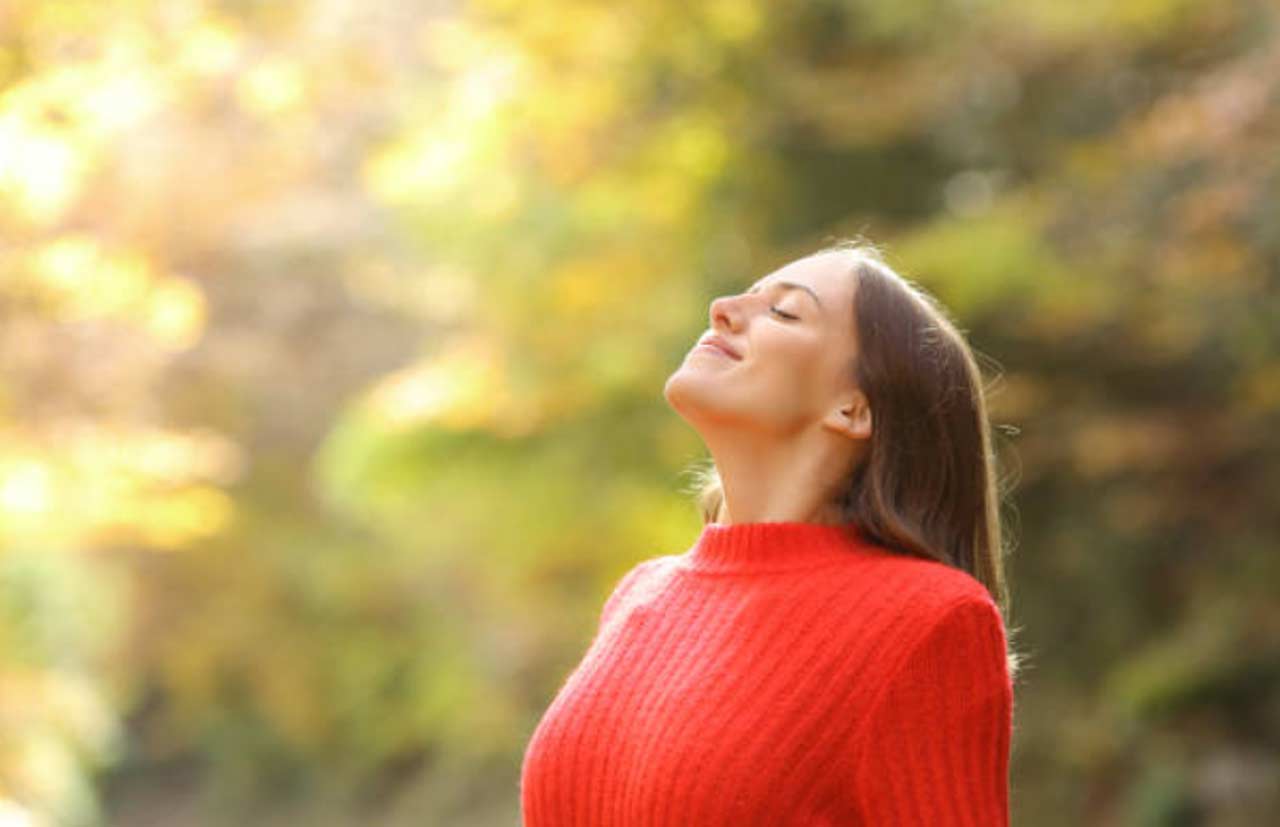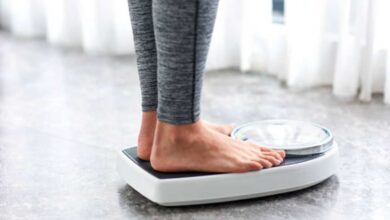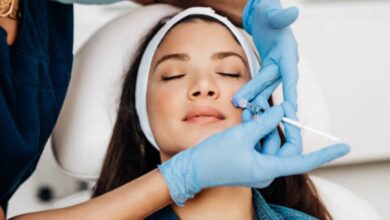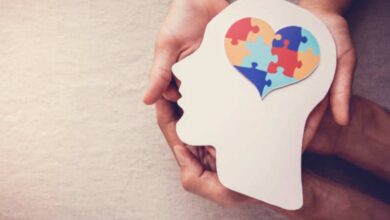
Stress and tension can build up in our bodies, affecting our physical and mental well-being. Learning effective relaxation techniques can help us unwind, reduce anxiety, and improve overall health. This article will explore seven powerful methods for achieving deep relaxation and finding inner calm.
The Importance of Relaxation
In today’s fast-paced world, relaxation is often overlooked but is crucial for maintaining good health. Regular relaxation can:
- Lower blood pressure
- Improve digestion
- Boost immune function
- Enhance sleep quality
- Reduce muscle tension
- Increase focus and concentration
Now, let’s dive into the techniques that can help you achieve a state of deep relaxation.
1. Progressive Muscle Relaxation
Progressive Muscle Relaxation (PMR) is a technique that involves tensing and then relaxing different muscle groups in sequence. This method helps you become more aware of physical tension and learn to release it effectively.
How to Practice PMR:
- Find a comfortable position, either sitting or lying down.
- Starting with your feet, tense the muscles for 5-10 seconds.
- Release the tension and notice the feeling of relaxation.
- Move up to your calves, thighs, and continue through your body.
- End with tensing and relaxing your facial muscles.
2. Deep Breathing Exercises
Deep breathing is a simple yet powerful relaxation technique that can be done anywhere, anytime. It helps activate the body’s relaxation response and can quickly reduce stress.
Try this 4-7-8 Breathing Technique:
- Inhale through your nose for 4 counts.
- Hold your breath for 7 counts.
- Exhale slowly through your mouth for 8 counts.
- Repeat this cycle 4-5 times.
3. Mindfulness Meditation
Mindfulness meditation involves focusing your attention on the present moment without judgment. This practice can help calm your mind and reduce stress and anxiety.
Steps for Mindfulness Meditation:
- Find a quiet, comfortable place to sit.
- Close your eyes and focus on your breath.
- Notice thoughts as they arise, but don’t engage with them.
- Gently return your focus to your breath when your mind wanders.
- Start with 5-10 minutes and gradually increase the duration.
4. Guided Imagery
Guided imagery uses your imagination to create calming mental scenes. This technique can help reduce stress, anxiety, and pain.
How to Use Guided Imagery:
- Choose a peaceful scene (e.g., a beach, forest, or mountain).
- Close your eyes and imagine yourself in that place.
- Engage all your senses – what do you see, hear, smell, and feel?
- Spend 10-15 minutes immersed in this mental image.
5. Yoga for Relaxation
Yoga combines physical postures, breathing techniques, and meditation to promote relaxation and reduce stress. Regular practice can lead to improved flexibility, strength, and mental clarity.
Relaxing Yoga Poses:
- Child’s Pose
- Cat-Cow Stretch
- Legs-Up-the-Wall Pose
- Corpse Pose (Savasana)
6. Aromatherapy
Aromatherapy uses essential oils to promote relaxation and well-being. Different scents can have various effects on mood and stress levels.
Relaxing Essential Oils:
| Oil | Benefits |
| Lavender | Promotes sleep, reduces anxiety |
| Chamomile | Calms nerves, aids relaxation |
| Bergamot | Uplifts mood, reduces stress |
| Ylang-Ylang | Lowers blood pressure, promotes relaxation |
7. Therapeutic Massage
Massage therapy can be an excellent way to relieve tension, reduce stress, and promote deep relaxation. Various techniques can target different areas of the body and address specific concerns. For those seeking massage St George offers several options to help you unwind and rejuvenate.
Common Massage Techniques:
- Swedish Massage
- Deep Tissue Massage
- Hot Stone Massage
- Aromatherapy Massage
Incorporating Relaxation into Your Daily Routine
To experience the full benefits of these relaxation techniques, making them a regular part of your life is essential. Here are some tips to help you incorporate relaxation into your daily routine:
- Set aside dedicated time each day for relaxation practices.
- Create a relaxing environment in your home with soft lighting and calming decor.
- Use relaxation apps or guided audio sessions to help you get started.
- Experiment with different techniques to find what works best for you.
- Be patient and consistent – relaxation skills improve with practice.
The Science Behind Relaxation
Understanding the physiological effects of relaxation can help motivate you to prioritize these practices. When you engage in relaxation techniques:
- Your heart rate slows down
- Blood pressure decreases
- Cortisol (stress hormone) levels drop
- Endorphins (feel-good hormones) are released
- Brain waves shift to a more relaxed state
These changes contribute to an overall sense of well-being and can have long-term health benefits when practiced regularly.
Overcoming Obstacles to Relaxation
Sometimes, people find it challenging to relax. Common obstacles include:
- Feeling guilty about taking time for yourself
- Difficulty quieting a busy mind
- Lack of time or perceived lack of time
- Discomfort with stillness or silence
To overcome these obstacles:
- Remind yourself that relaxation is essential for your health and productivity.
- Start with short sessions and gradually increase the duration.
- Schedule relaxation time like any other important appointment.
- If silence is uncomfortable, try relaxation techniques that involve movement or guided audio.
Relaxation for Different Life Stages
Relaxation needs can vary depending on your life stage and circumstances. Here are some considerations:
- For students: Focus on quick relaxation techniques that can be done between classes or study sessions.
- For working professionals: Incorporate relaxation into your lunch break or commute time.
- For parents: Try relaxation techniques involving children, like family yoga or guided imagery stories.
- For seniors: Gentle techniques like chair yoga or breathing exercises can be particularly beneficial.
Wrapping Up: The Path to Inner Peace
Incorporating relaxation techniques into your life can significantly improve your physical and mental well-being. By exploring different methods and finding what works best, you can develop a personalized relaxation practice that helps you manage stress, improve sleep, and enhance your overall quality of life. Remember, relaxation is a skill that improves with practice, so be patient and consistent in your efforts. As you become more adept at relaxation, you’ll likely be better equipped to handle life’s challenges with a sense of calm and inner peace.







